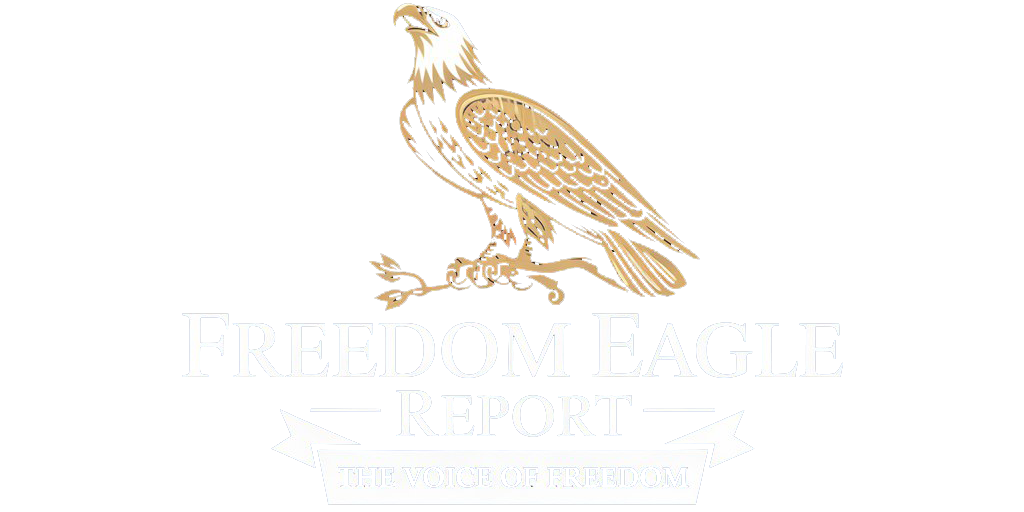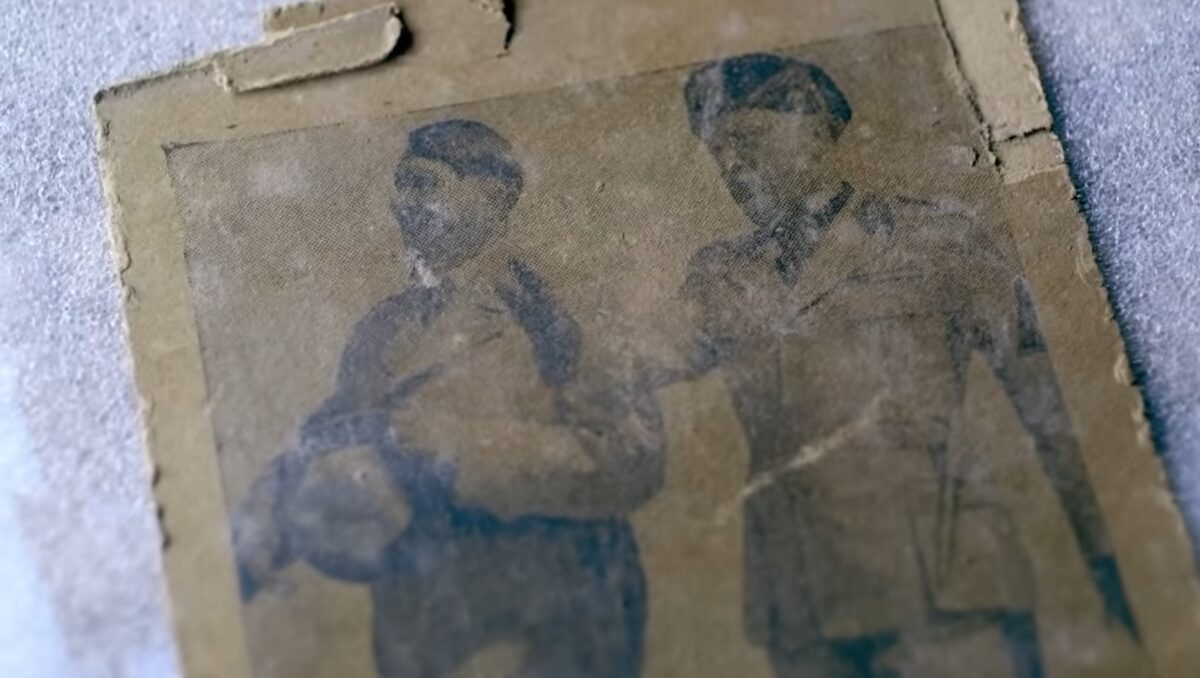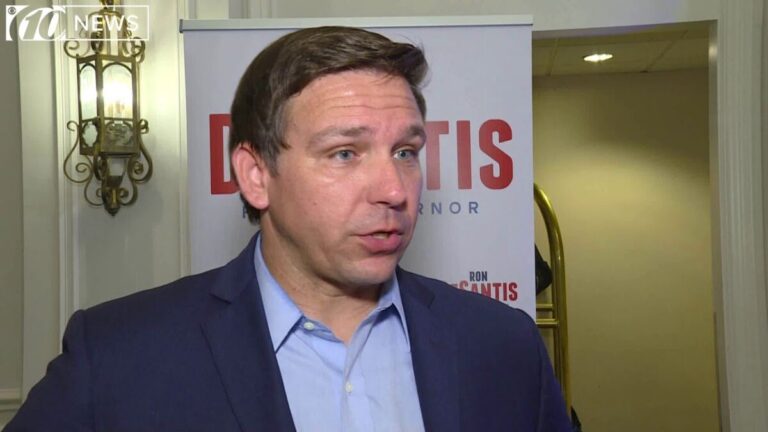In a historic move that has drawn global attention, the government of Argentina has released nearly 1,850 previously classified documents revealing how high-ranking Nazi fugitives escaped to South America after World War II. The files, titled “Documentation on Nazi presence in Argentina,” offer new insight into one of the most notorious and long-suspected post-war secrets: that Argentina served as a safe haven for war criminals fleeing justice.
The cache includes intelligence records and investigative reports collected by Argentina’s federal authorities and top intelligence services between the 1950s and 1980s. It details the arrival and post-war activities of prominent Nazi figures such as Adolf Eichmann—one of the architects of the Holocaust—and Dr. Josef Mengele, infamously known as the “Angel of Death” for his grotesque medical experiments at Auschwitz. Also named in the files is Martin Bormann, Hitler’s private secretary and a key figure in the Nazi regime.
The documents were declassified at the order of Argentine President Javier Milei following a formal request by the Simon Wiesenthal Center, a Jewish human rights organization based in Los Angeles. The center praised the release, saying it will offer critical transparency into how thousands of Nazis escaped Europe using so-called “ratlines”—underground escape routes supported by sympathetic networks, often including elements of the Catholic Church and Red Cross.
Very good news that Argentina is at long last making public all its ‘Nazi files.’ It is 34 years since I wrote a NYT oped exposing secret files I had witnessed in Buenos Aires while hunting Mengele, and I had called then for Argentina to open its records. Nothing in these 1850… pic.twitter.com/4s0KmiMeZV
— Gerald Posner (@geraldposner) April 30, 2025
According to Argentina’s Ministry of Interior, the documents can now be accessed and downloaded freely online by the public. Previously, they were only available for viewing at Argentina’s General Archive in Buenos Aires.
“The president ordered the declassification because there is no reason to continue withholding that information,” said Guillermo Francos, Argentina’s Chief of the Cabinet of Ministers.
Among the most disturbing revelations are records of financial transactions and banking activity, showing how Nazi fugitives funded their new lives in Argentina. These documents suggest a wide network of support, including shadowy financial dealings and possible complicity by elements within the Argentine government and military at the time.
U.S. Senator Chuck Grassley of Iowa also played a role in the release, having sent a letter to the Argentine government via the Simon Wiesenthal Center urging transparency.
This release not only confirms long-held suspicions—it forces a reckoning with Argentina’s post-war history and offers fresh evidence of how evil managed to elude justice, aided by bureaucratic silence and decades of secrecy.




Leave a Comment